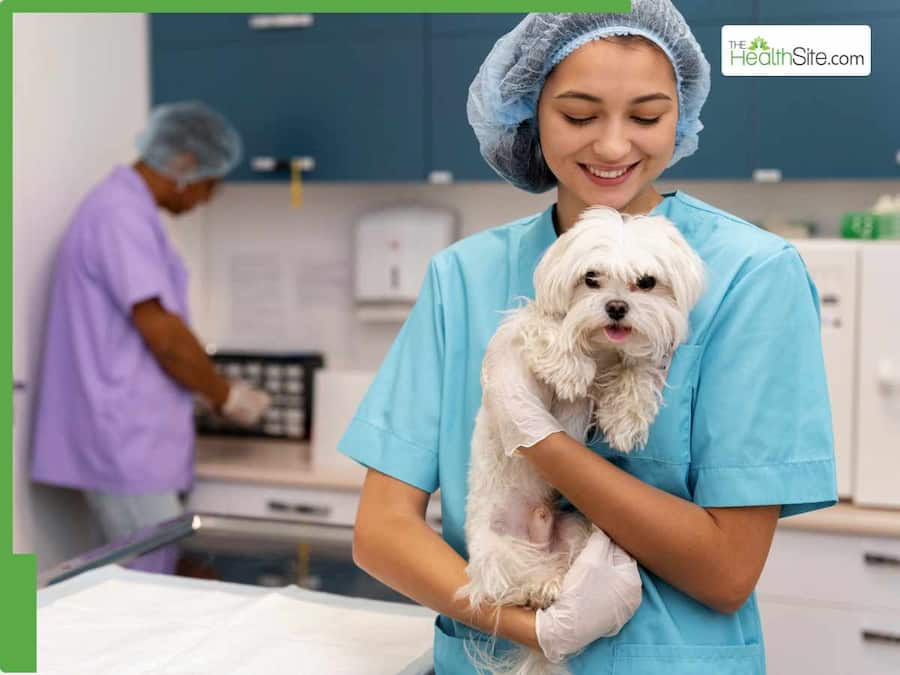By prioritising regular health assessments, vaccinations, parasite control, proper nutrition, dental care, and consistent physical activity, pet parents can play a pivotal role in ensuring their companions enjoy healthier, longer lives.

How to care for pets: Just like human beings, preventive care is important for pets, too, to ensure they lead healthier lives, free of diseases and discomfort. It typically includes proper nutrition, timely vaccination, worm medication, tick and flea prevention, dental care and consistent monitoring of your pet’s health. Doctors often say that preventive healthcare addresses the potential health issues of pets before they become serious, so that veterinarians can intervene in a timely manner and pet parents can have their companions living happy, active and long lives.
Importance Of Regular Veterinary Visits
According to Dr Abhishek Choudhary, consultant veterinarian, Vetic Pet Clinic, it is always recommended to conduct biannual veterinary visits for pets who have no apparent health issues, so that veterinarians can record their normal physical and physiological parameters. “This creates a health baseline for the pets, which serves as a reference point and helps veterinarians detect subtle changes in the pet’s health over time,” the doctor explains, adding that regular veterinary visits can help in the early detection of diseases with no visible symptoms. Chronic diseases like kidney disease, diabetes and hypothyroidism can also be detected in the early stages.
Early Detection
Dr Choudhary states that early detection is key for a pet’s life and longevity. “It can mean more effective and less invasive treatments, and improved prognosis for the pet. Early detection can slow the progress of the disease irrespective of its chronic or genetic nature.”
7 Essential Strategies To Ensure Complete Preventive Care For Pets
Regular Health Checkups
Schedule biannual wellness checkups for all pets. Opt for complete assessments including blood and biochemistry tests and urinalysis, the doctor advises. “Clinics must maintain centralised health records of all their pets so they can always pull up old data if they notice anything amiss during a visit. Modern diagnostic tools and medical history help in uncovering potential health problems even before they become symptomatic.”
Timely Vaccinations
Keep your pet’s vaccines updated. For pups and dogs, the necessary vaccines are rabies, DHPPiL, canine corona and kennel cough. For cats, necessary vaccines would be rabies and CRP. These will protect pets from common-but-deadly viral infections.
Worm Control
Internal parasites such as roundworms, tapeworms and hookworms can cause nutritional deficiencies and other gastrointestinal issues. Stool examinations along with proper timely worm medicines can help reduce the worm load, says Dr Choudhary.




